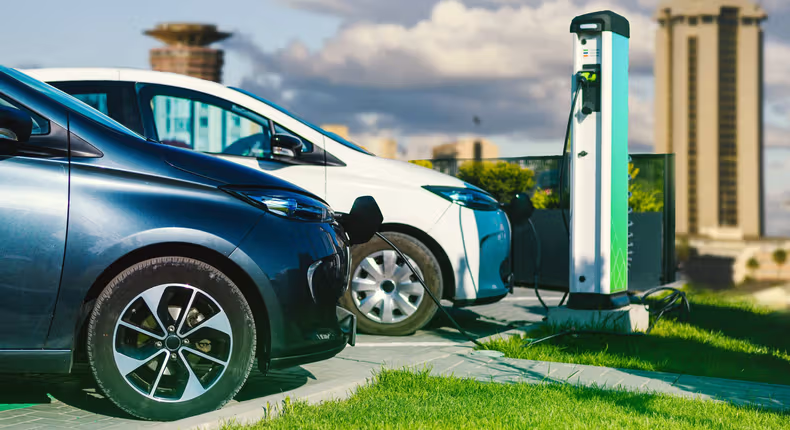Despite having the lowest global EV adoption rates, several African countries are making significant strides in electric vehicle (EV) adoption, thanks to collaborations between governments and private sectors. Here’s a look at the African countries leading in EV adoption:
1. South Africa
South Africa is a major player in the EV market due to its advanced infrastructure and manufacturing capabilities. By 2020, the country had around 6,000 EVs on the road.
2. Morocco
Morocco has a growing EV fleet, with approximately 10,000 EVs as of 2023. The country’s auto industry is a significant part of its economy, contributing 22% to GDP and $14 billion in exports.
3. Kenya
Kenya is home to the continent’s largest e-mobility start-up ecosystem and has shown increasing investment in EVs. However, with 3,753 registered EVs, they make up just 1.7% of new vehicle sales.
4. Tanzania
Tanzania is rapidly advancing in the EV sector, with a reported 5,000 EVs as of 2023, reflecting its growing role in Africa’s e-mobility landscape.
5. Angola
Angola is notable for its substantial EV adoption, boasting around 1,000 locally registered EVs and an additional 2,000 imports from the US in 2024.
6. Ghana
Ghana has made impressive progress, with approximately 17,000 EV units, including two- and three-wheelers. It also has one of the largest four-wheeler EV fleets in Africa.
7. Rwanda
Rwanda saw a significant increase in EVs, rising from about 900 in 2022 to around 1,182, including various types of vehicles.
8. Egypt
Egypt’s EV numbers have surged from 1,800 in 2021 to between 3,500 and 4,000 in 2023, showcasing rapid growth in the sector.
9. Ethiopia
With favorable government policies, Ethiopia’s EV numbers are estimated between 5,000 and 7,000, reflecting a strong commitment to e-mobility.
10. Benin
Benin is emerging as a notable player in EV adoption, with over 3,000 electric vehicles, predominantly electric motorcycles.
Nigeria
While Nigeria’s EV market data is limited, Stallion Motors reported sales of only 120 units of its Kona EV since its 2020 launch. Despite its large population and tech base, Nigeria’s EV adoption is still developing. Indigenous company Innoson is making progress with its EV manufacturing plant and is set to release its first EVs pending final certification.
Challenges for EV Adoption in Africa include high conversion costs, inadequate infrastructure like charging points, high capital costs, competition from second-hand imports, low energy access, poor power grid infrastructure, and reliance on fossil fuels. Nonetheless, the growing interest and investments are paving the way for a brighter EV future on the continent.

